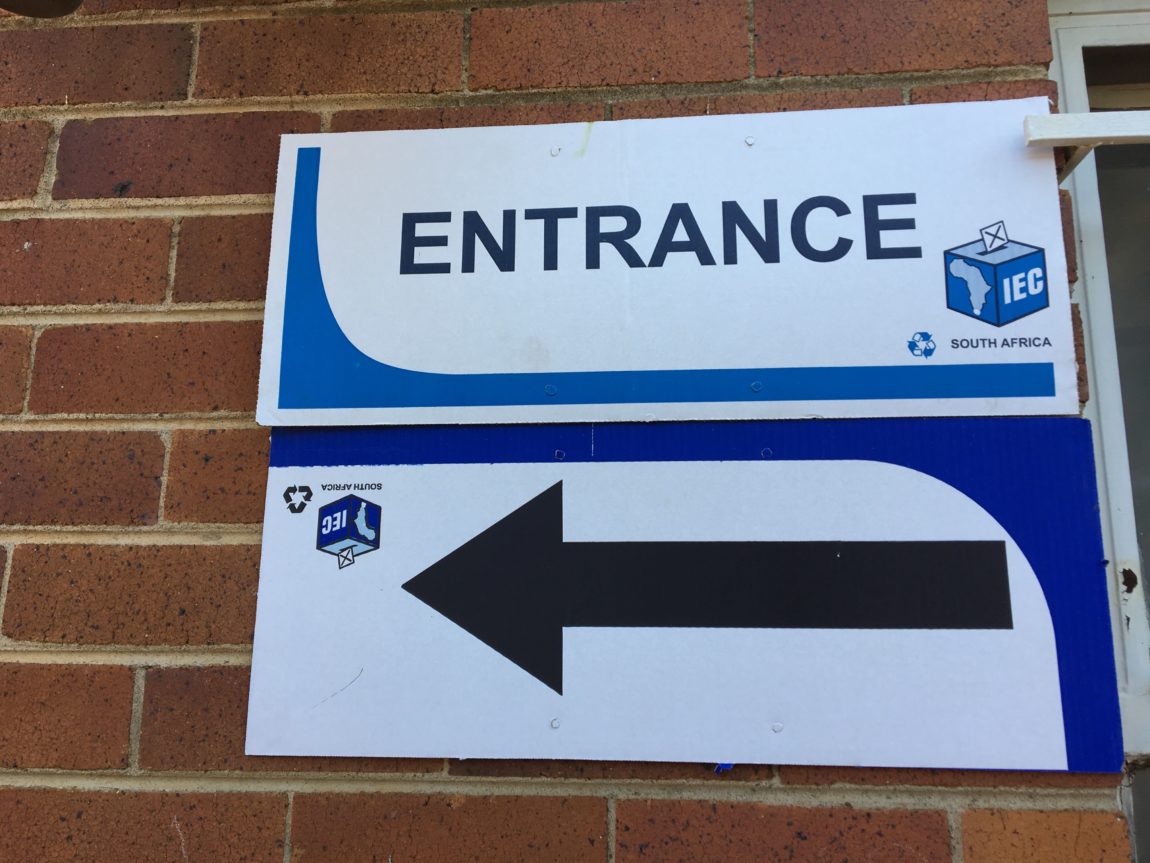In July 2021, unrest broke out in KwaZulu Natal and rapidly spread across the province. With elections just around the corner, the July protests and unrest are likely to play a major role. The unrest altered the political fabric of the province. It will most certainly be taken into account when citizens cast their votes on November 1.
Could the government’s response to the unrest have shaped voters’ opinions?
The opinions of voters are undoubtedly shaped by their surroundings. This could range from how their mayors and ward councillors handle things, to what opposition parties promise to them. Voters watching events unfold in front of them also shapes their opinion. One of the events which may affect public opinion in the lead up to elections could be the way the government reacted to the July protests.
RELATED:
SA government, where’s the accountability?
The uprising had huge implications. It stemmed from a combination of poor service delivery, economic degradation under the Covid-19 pandemic, and public frustration. The aftermath of the July violence is still visible today, particularly in KwaZulu Natal.
South Africans observed the way in which the government responded and what they prioritised in the face of chaos. This is likely to shape their decisions. Should they have agreed with measures put into place by the ruling party, they will most likely vote for them again. Should they not have agreed, however, they may vote for an opposition party.
Caryn Abrahams, a political analyst, told the Daily Vox. “Voter opinion can be swayed by many things, in the recent past or distant past. For the most part even if there are national issues that affect ordinary residents, it will have an impact on local government elections.”
eThekwini
Although the unrest affected Gauteng and other parts of the country, the eThekwini metropolitan municipality was the hardest hit. Protests in the province began on a small scale on July 9 and quickly burgeoned. The uprising was characterised by looting, violence, and death. Over 300 people were killed across the country.
Durban reached the brink of a shutdown as protests intensified. Across KwaZulu Natal, business as normal was halted and the entire economy appeared to have come to a standstill. The province has been a African National Congress (ANC) stronghold for years. This election will be a good indication if this will change or not.
RELATED:
#ShutdownSA economic costs run into the billions
Since 2019, Mxolisi Kaunda has served as the mayor of eThekwini. When the unrest broke out, he strongly condemned the violence. He was criticised for not doing enough to stop its spread. Kaunda authorised the deployment of police officers to areas where tensions were high. This, however, only happened after substantial amounts of damage had already been done.
Phoenix
Ward 49 in eThekwini, Phoenix was significantly affected by the unrest in July. Racial tensions were on the rise at the time of the protests. Approximately 30 people were killed in the violence. At the time, it appeared that the Indian community in Phoenix was targeting black people.In Phoenix, From July 9-18, 36 people were killed.
Donovan Tino Pillay, a member of the Democratic Alliance (DA) served as the ward councillor for Phoenix since 2016. He was not particularly vocal when the chaos broke out.
At the beginning of election season, a controversy broke out in Phoenix. The DA put up posters captioned “The ANC called you racists, we call you heroes”. The posters were clearly aimed at the Indian community who took up arms against black protestors. This led to them being called out by the ANC and other parties, as well as civilians. Once social media caught a whiff of the posters, they were quickly taken down.
RELATED:
Some WTF moments leading up to #LGE2021
Phoenix residents may be swayed by what they have observed when casting their votes. Abrahams said: “One cannot predict the extent to which any one issue will affect voter opinions. However, what is of greater interest are the political narratives about issues that can sway voter opinion. Parties and candidates can mobilise support on the one hand or build bases for contestation on the other, by taking recent or past issues and using them to their advantage, or to damage the perceived advantage of another party or candidate – through building narrative around it.”
Chatsworth
Ward 70 and 71 in eThekwini, Chatsworth was also substantially affected by the July riots. Although it was not as hard hit as Phoenix, Chatsworth faced both unrest and economic setbacks. Previn Vedan, an ANC member, is the ward councillor for Chatsworth. During the unrest, Vedan was not particularly vocal either, and seemed to side with the top-down provincial response.
Like Phoenix, Chatsworth faced numerous difficulties in the months following the unrest. This may affect their decisions at the polls.
Richmond
Located in the Midlands, Ward 7 was also affected by the July riots. Buildings in Richmond were damaged by looters and protestors as chaos swept across KwaZulu Natal. Some of the sites that were damaged withstood clashes between the ANC and the Inkatha Freedom Party (IFP) in the 1980s and the ANC and the United Democratic Movement (UDM) in the 1990s. They did not survive the July riots and were destroyed in the unrest.
Richmond is currently under ANC control. When the violence broke out, the ward councillors in the area employed similar tactics to those employed by the ANC at a provincial level. Still recovering from the unrest, Richmond residents will vote on November 1. Their decisions may be affected by the way their leaders dealt with the uprising.









